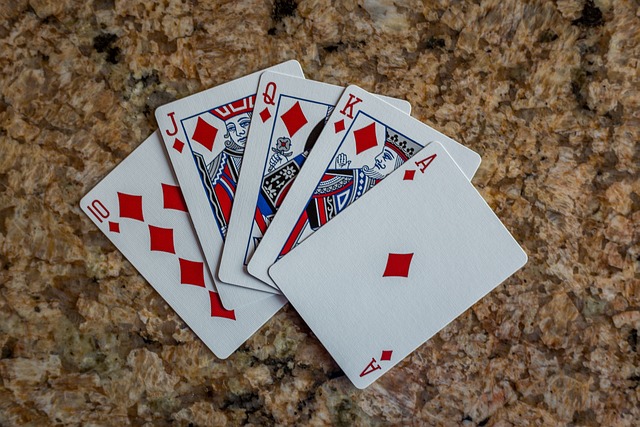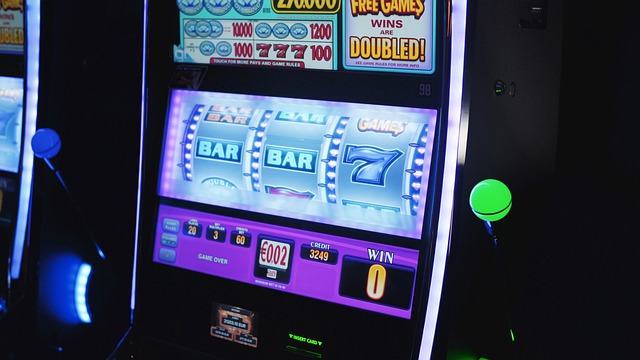Gambling, often viewed as a recreational activity and a chance to strike it rich, has a dark side. A side that is often overlooked: its relationship with the increasing rate of suicide. While gambling can be enjoyable for many, it can also become a destructive behavior. Behavior that leads to devastating consequences. Including mental health issues and suicidal ideation. In this article, we will explore the troubling link. The link between gambling and the rising rate of suicide. Shedding light on the serious impact that gambling addiction can have on individuals.
Gambling addiction is a recognized behavioral disorder. It’s characterized by an uncontrollable urge to gamble. Despite the negative consequences it may bring. Around 2-4% of the adult population in the United States struggle with gambling addiction. The rates may be even higher in other countries. The consequences of gambling addiction can be severe and far-reaching. Financial ruin, strained relationships, and deteriorating mental health are common outcomes.
One of the most tragic consequences of National Casino addiction is its association with suicide. Research proves that individuals with gambling addiction are at a higher risk of suicidal ideation. The shame, guilt, and financial devastation that often go with gambling addiction can take a heavy toll on individuals. Often leading to depression, anxiety, and hopelessness. These are risk factors for suicide. Moreover, the financial strain resulting from gambling losses can also cause desperation. In turn, pushing individuals to contemplate ending their lives. As a perceived way out of their dire situation.
The impact of gambling-related suicide goes beyond the individual struggling with addiction. It affects families, friends, and communities as well. The emotional and psychological toll of losing a loved one to suicide can be devastating and long-lasting. Families may experience grief, guilt, and shame, and may struggle to understand why their loved one took their own life. Communities may also be harmed by the loss of a member. The ripple effects of suicide can extend to schools, workplaces, and neighborhoods.
The accessibility and normalization of gambling in today’s society contribute to the rising rate of suicide. The proliferation of online gambling platforms and the marketing tactics of the gambling industry makes gambling accessible. It can be done from the comfort of one’s own home, with easy access to credit and a myriad of games and betting options available around the clock. The normalization of gambling through advertisements creates a false perception. A perception that gambling is a harmless form of entertainment. This can lead individuals to underestimate the risks and consequences associated with it.
Efforts to address the link between gambling and suicide have existed, but more needs to happen. Treatment options for gambling addiction, such as support groups, are available. But, awareness and access to these resources are scarce. It is crucial for individuals struggling with gambling addiction to seek help. Also, for their loved ones to provide support and understanding without judgment. Furthermore, regulatory measures and responsible gambling practices should be enforced by the gambling industry and governments. In hopes of minimizing the harm caused by gambling addiction. This includes measures such as self-exclusion programs and limiting advertising exposure. Also, providing adequate information on the risks of gambling can be of help.
In conclusion, the link between gambling and the increasing rate of suicide is a sobering reality that cannot look past. Gambling addiction can have severe mental health consequences, including suicidal ideation and attempts. It is crucial to raise awareness. It is also important to provide support and resources for those affected. It is also good to install responsible gambling practices to prevent further harm.


